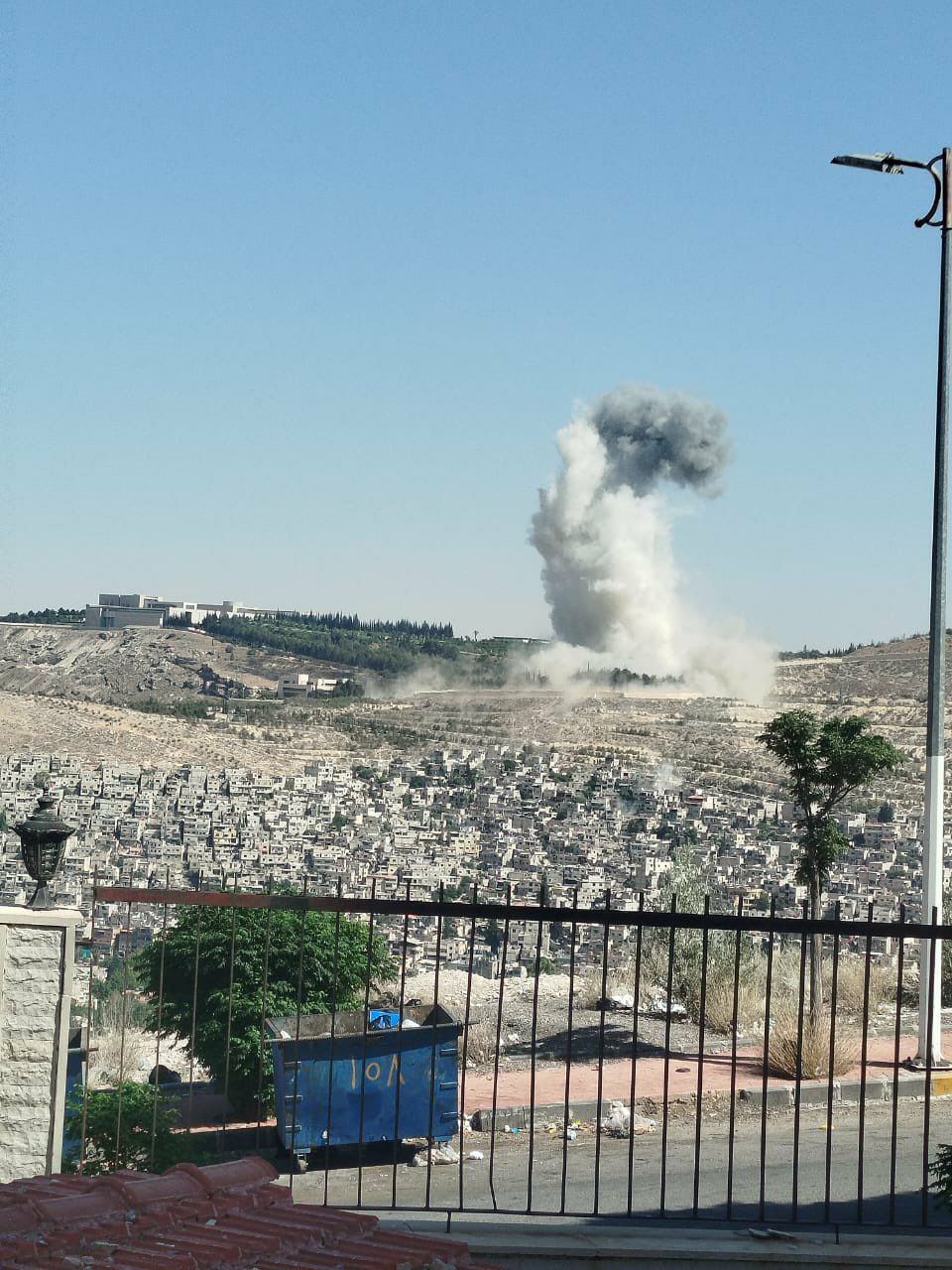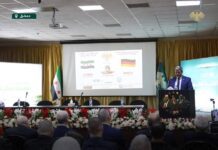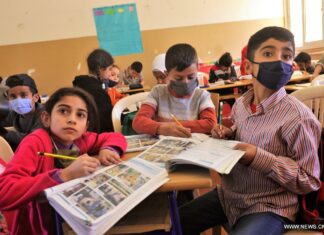
Israeli airstrikes on Syrian territory, including direct hits on the General Staff building of the Ministry of Defense in Damascus and multiple targets in the southern city of Suwayda, have drawn condemnation from Syria and regional powers, with growing international concern over the legality and consequences of the attacks which began July 15.
The strikes in the capitol on Wednesday, July 16, killed at least three people and wounded 34, according to Syria’s Health Ministry. The attacks targeted civilian and government sites, including the National Library and areas near the Ministry of Defense and the presidential palace. In Suwayda, where clashes between Syrian forces and armed groups have continued for days, Israeli aircraft hit Syrian army positions, reportedly causing additional civilian casualties.
Israeli military spokesman Avichay Adraee described the strikes as “a message to [President Ahmad] al-Sharaa regarding the events in Suwayda,” while Defense Minister Yisrael Katz pledged to “continue attacks on Syrian forces until they withdraw from the area.” Israeli officials claim the strikes aim to “protect the Druze minority,” asserting the Syrian government has failed to prevent attacks on them.
Syria Denounces Attacks as Aggression on Sovereignty
In a statement, the Syrian Ministry of Foreign Affairs called the Israeli actions a “treacherous aggression” and a “flagrant violation” of international law and the UN Charter. The ministry said the raids killed civilians, including women and children, and inflicted serious damage to infrastructure.
“Syria holds Israel fully responsible for this dangerous escalation,” the statement read, adding that Damascus reserves the right to defend its territory under international law. The ministry called on the UN Security Council to take immediate action to halt Israeli military operations within Syrian borders.
International Reactions Emphasize De-escalation and Sovereignty
The US, while reaffirming its concern over the violence in Suwayda, denied that Syrian government forces had committed any violations there. A senior US official told Axios that Israel’s justification for the strikes—enforcing a “demilitarized zone”—lacks international recognition. “We told the Israelis to stand down and take a breath,” the official said.
President Donald Trump described the situation as a “misunderstanding” between Syria and Israel, urging restraint. Secretary of State Marco Rubio reiterated the call for calm, saying, “We want to stabilize Syria, and that’s what we’re working for.”
Lebanese President Joseph Aoun and Prime Minister Nawaf Salam condemned the Israeli raids, describing them as “a flagrant violation of Syria’s sovereignty.” Turkey also denounced the attacks, calling them an attempt to sabotage Syria’s efforts to restore national stability. “These actions threaten not just Syria but the entire region,” said Vice President Cevdet Yilmaz.
Occupation and Intervention Tensions Rise
Despite repeated calls for de-escalation, Israeli forces continue to launch raids, claiming self-defense and support for Syrian Druze. Syrian officials maintain that Israeli intervention inflames existing tensions and obstructs internal reconciliation.
As civilians in Suwayda and Damascus shelter amid bombardments, the risk of a broader conflict looms, raising urgent questions about sovereignty, foreign intervention and the enforcement of international law in one of the world’s most volatile regions.








